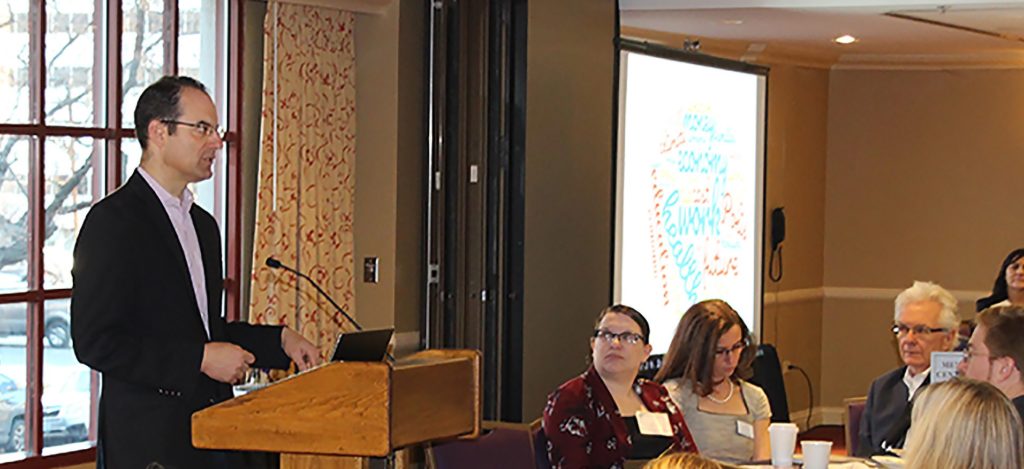As funding for services has declined, more Coloradans in need of treatment find themselves in emergency situations.
They’re victims of car accidents or shootings. They’ve overdosed on cocaine, swallowed too many pills or passed out drunk. On an average Friday or Saturday night, they can make up about half of the sick, injured and wounded crowding the rooms and hallways of the emergency department at Denver Health.
And there’s one trait these patients have in common, said Dr. Chris Colwell, director of the department. Had they received needed prior treatment, they might not be there at all.
“The emergency room could have been avoided if they had gotten psychiatric care anywhere else,” he said.
Colwell believes uncontrolled behavioral health problems were also at the root of two events he experienced up close: He treated victims of both the mass murders at Columbine High School in 1999 and in Aurora last year.
“For every one of those that were a big high-profile event that everybody knows about,” said Colwell, “there’s a hundred that were either near misses … or resulted in violence, just not to the same extent.”
As inpatient psychiatric beds have disappeared across the state, he’s watched the problem get worse.
“I don’t think people understand the crisis that we’re in,” he said.
* * *
After the Aurora shooting, Gov. John Hickenlooper signed into law an initiative intended to improve mental health services in the state by putting almost $20 million into walk-in crisis centers and a statewide hotline. State funding will also be put into modernizing treatment at the state’s two public mental health institutes, boosting inpatient capacity and other services, resulting in a 13.5 percent increase for behavioral health care in fiscal 2014.
The money is needed, say state officials, health care providers and advocates for the mentally ill, to ease pressure on emergency rooms and jails.
Patrick Fox, an official for the Colorado Department of Human Services who oversees the two state institutes, said that a study of emergency room intakes has indicated that patients often stabilize within 48 hours, and that long-term mental health beds aren’t necessarily what’s needed most.
…Read the rest of the story at the Coloradoan.com
NOW Accepting Speaker Proposals
The Colorado Behavioral Healthcare Council is pleased to announce that we are now accepting applications for our…
CBHC 2020 Legislative Priorities
The message is clear: Colorado is ready for a change when it comes to the way we…
Attorney General Weiser Speaks at CBHC Annual Hill Day
The Colorado Behavioral Healthcare Council (CBHC) and its 23 member organizations visited the State Capitol building on…
Lobby Day Draws Attention to Bill Expanding Training and Resources for Youth Mental Health Challenges in Schools
DENVER, CO – Today, advocates from the Colorado Behavioral Healthcare Council (CBHC) who represent behavioral health providers…




